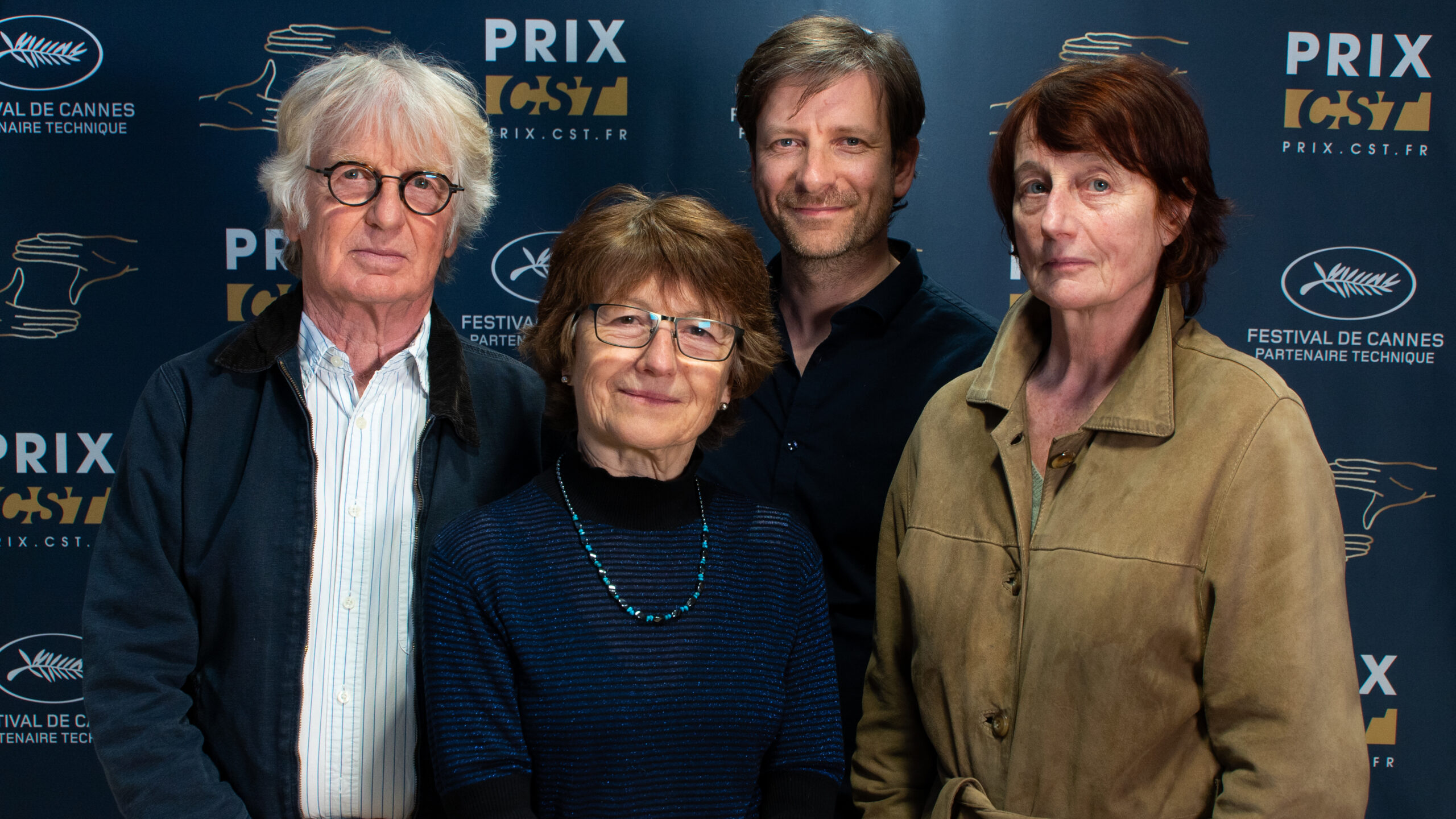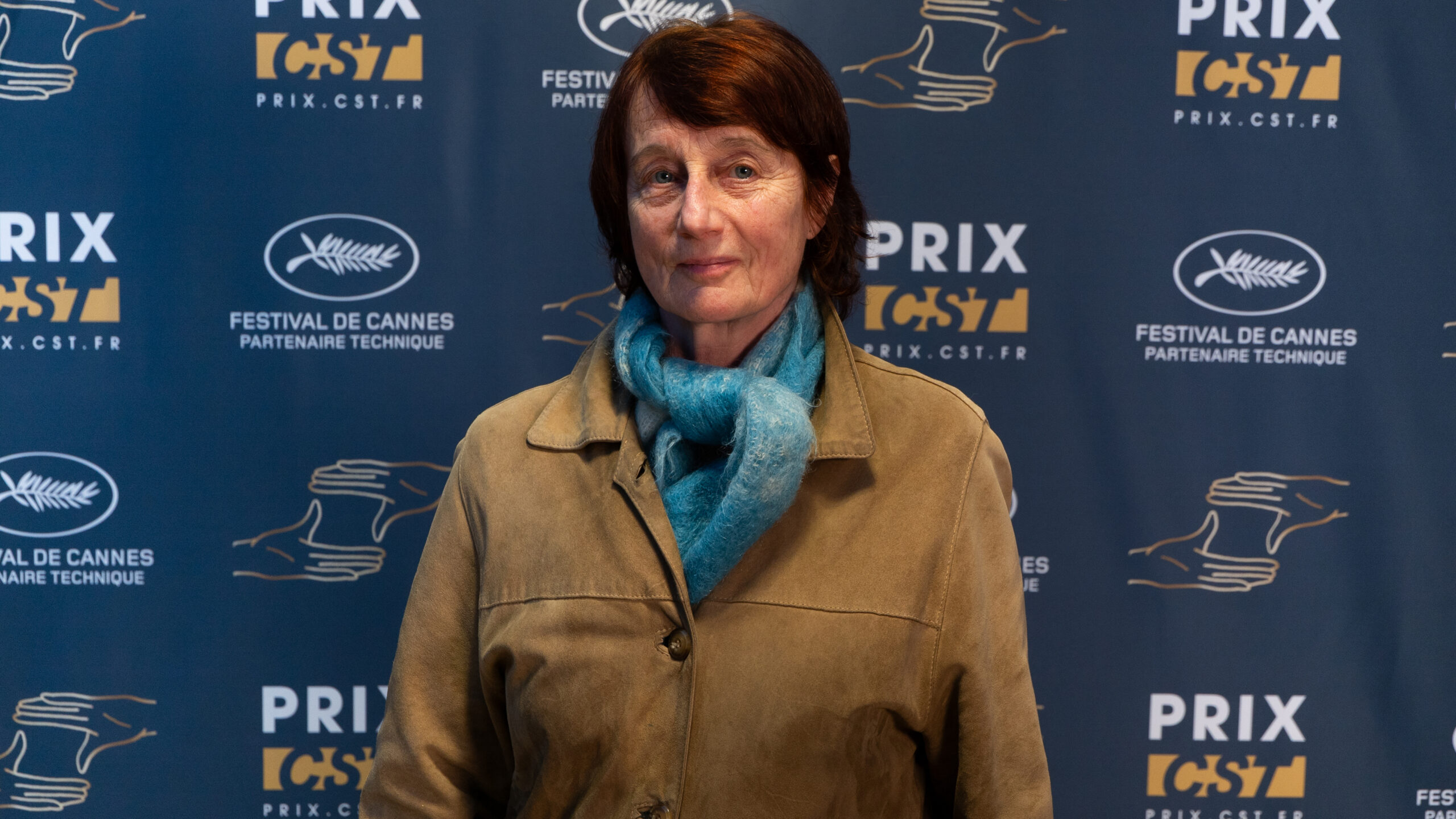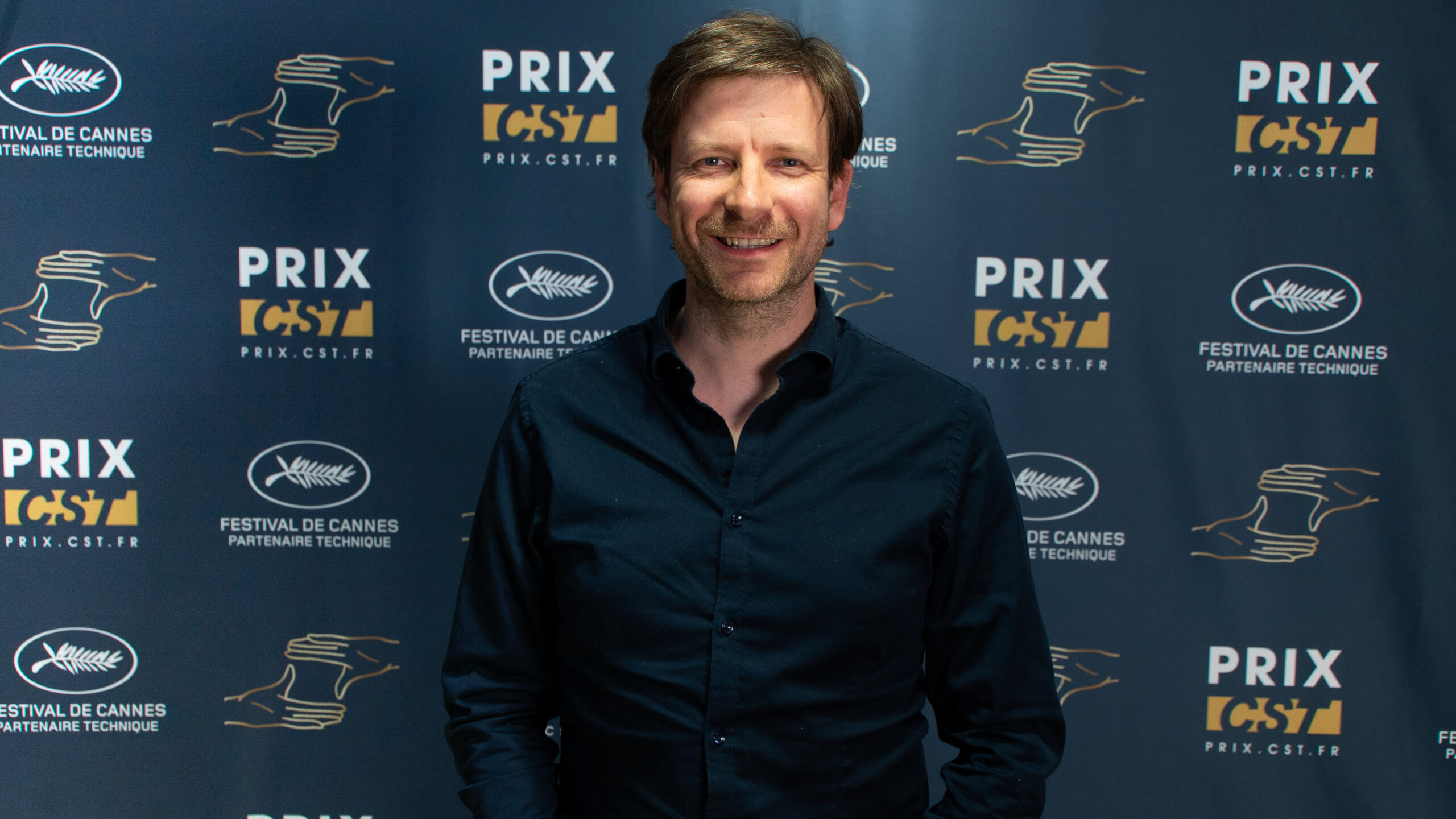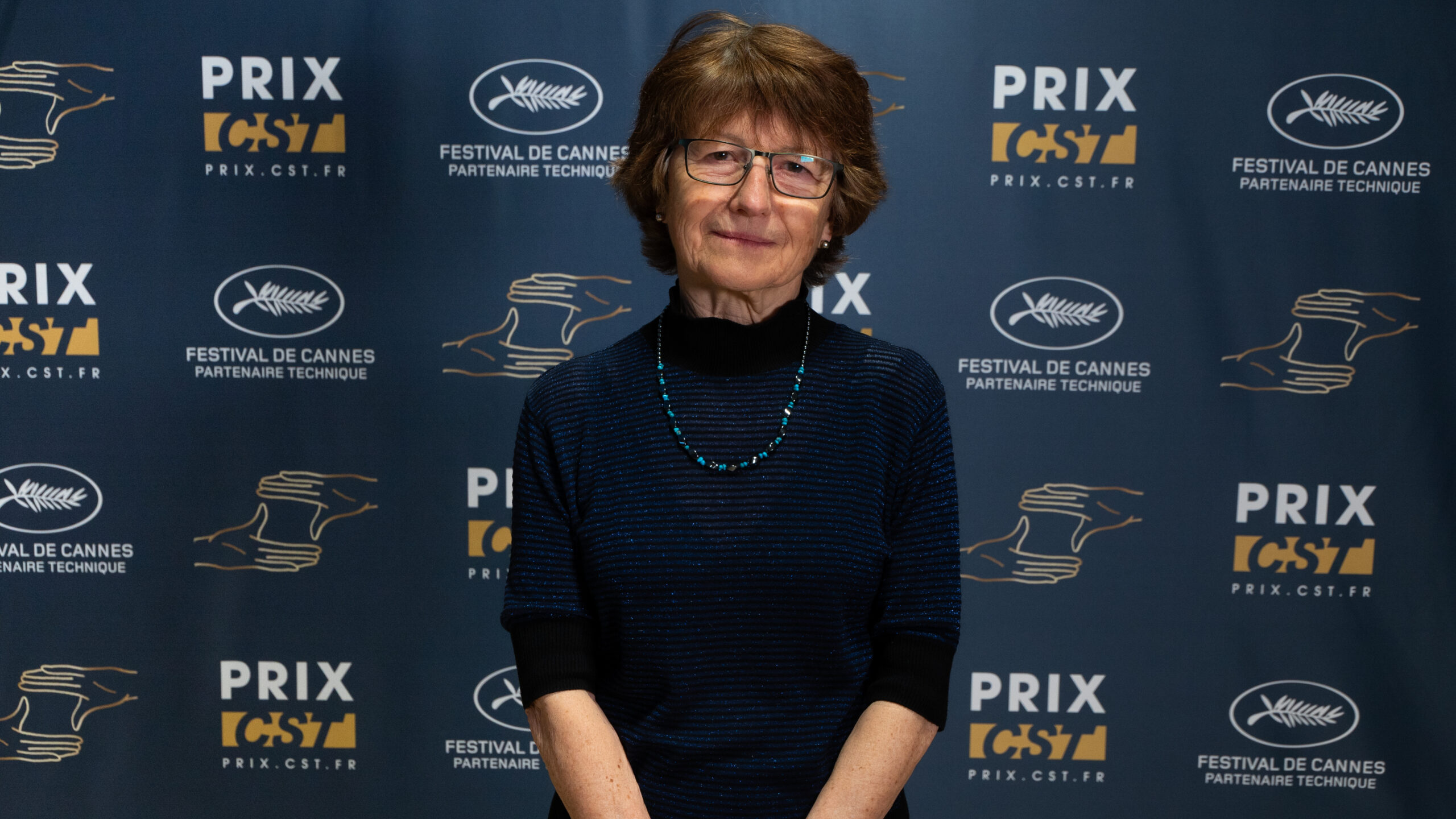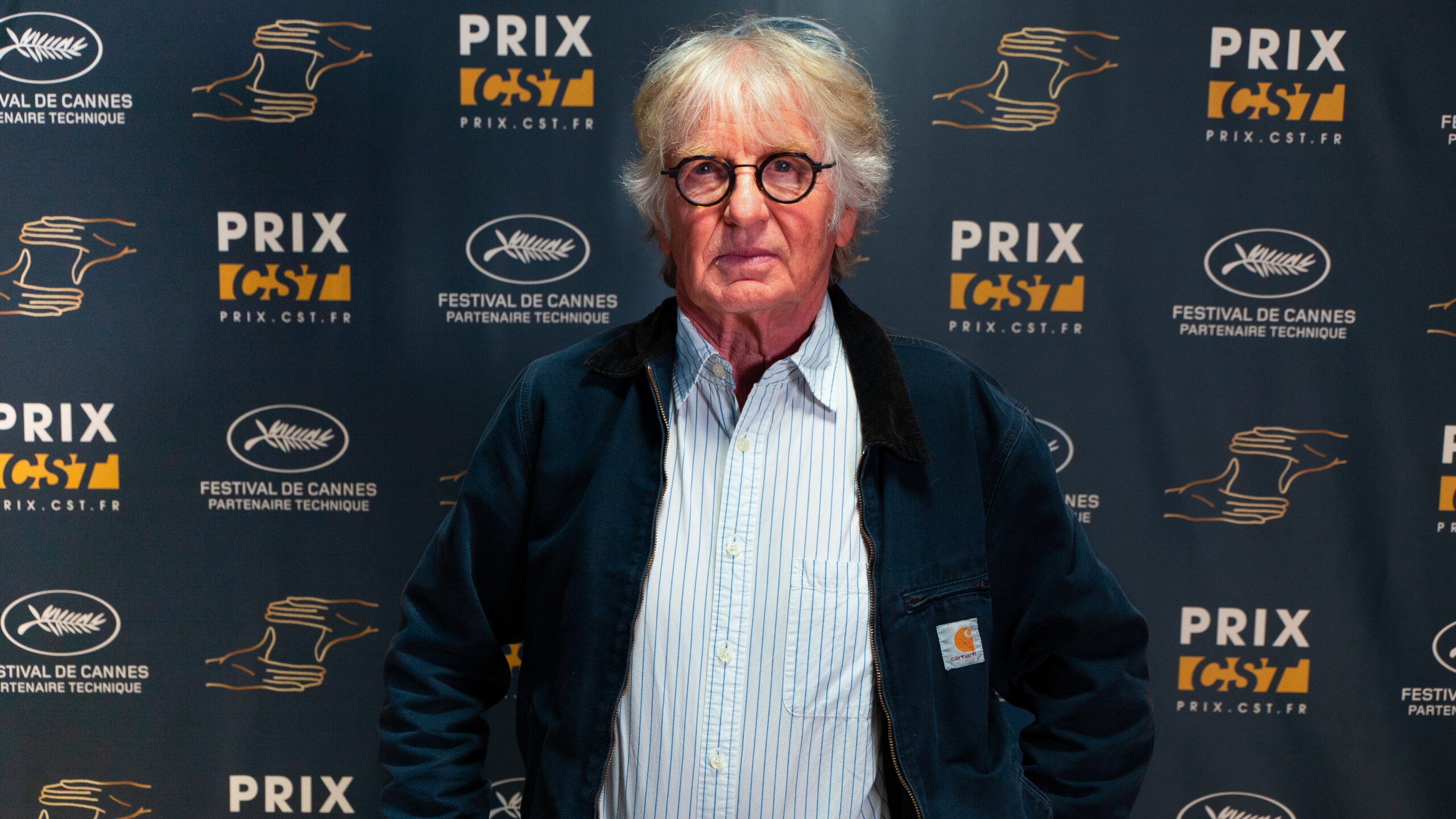2025 JURY
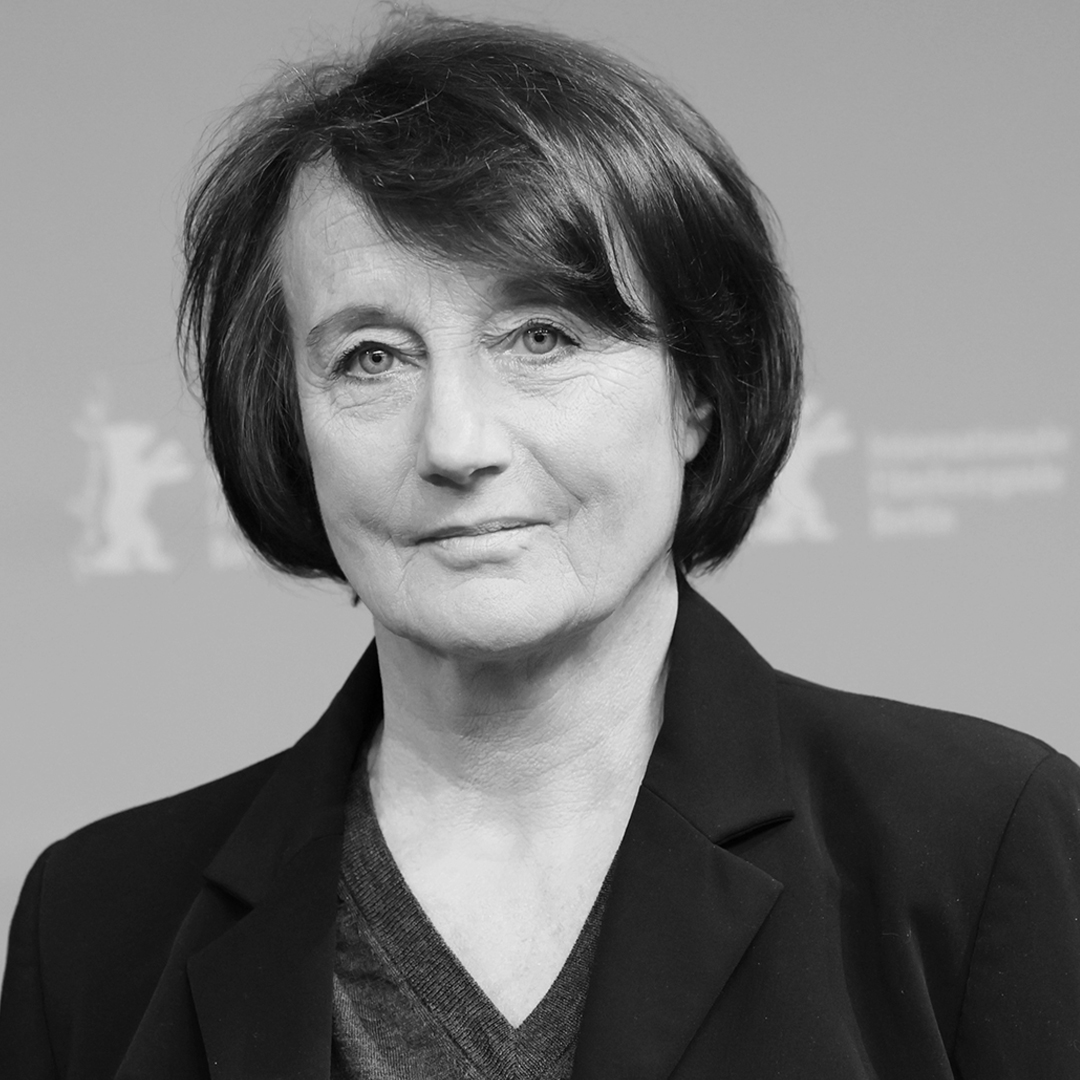
Caroline Champetier
Cinematographer
Over her 40-year career, she has filmed a hundred or so works. After her early days working with Chantal Akerman (Toute une nuit, 1982), she went on to work alongside Jean-Luc Godard on Soigne ta droite (1985) and Hélas pour moi (1993).
She bridged the transition from French cinema’s New Wave to the new generation of directors who emerged at the end of the eighties with feature films such as La Bande des Quatre (1988), La Fille Seule (1995), and Ponette (1995), then moved on to accompany Leos Carax, the director of Holy Motors (2012) and Annette (2021). Beyond the borders of France, Caroline has also worked with Wang Bing, Nobushiro Suwa, Naomi Kawase, Amos Gitai, Wang Chao, Tawfik Abu Wael and Irene Dionisio.
The sheen of the skin, its transparency and mystery, is a recurrent source of inspiration in Caroline Champetier’s works, a leitmotif that leads to a virtually physical immersion in the image, technology and art, to better serve the director’s vision and showcase the actors. The finesse of contrasts is a hallmark of her work. She won the César award for best photography and the Gianno di Venanzo award for Des Hommes et des Dieux, directed by Xavier Beauvois in 2011; she also won the Silver Frog at Camérimage for her work on Leos Carax’s Holy Motors and was nominated for the César for best photography for Les Innocentes by Anne Fontaine, Les Gardiennes by Xavier Beauvois and Annette by Leos Carax. In 2014, the Cinémathèque in Paris devoted a retrospective to her career. Her contribution to cinema was honoured in 2023 when she was presented with the Berlinale Kamera award at the 73rd Berlin International Film Festival.
Nowadays, Caroline gives the benefit of her experience and curiosity to young, overseas film-makers who are working on their first films, in particular Fyzal Boulifa’s Les Damnés ne Pleurent pas (2023) and Zhannat Alshanova’s A Winner is Seen at the Start (2025), as well as sensitive documentaries such as Une Famille (2024) by Christine Angot.
2025 is the year of another film with Leos Carax.
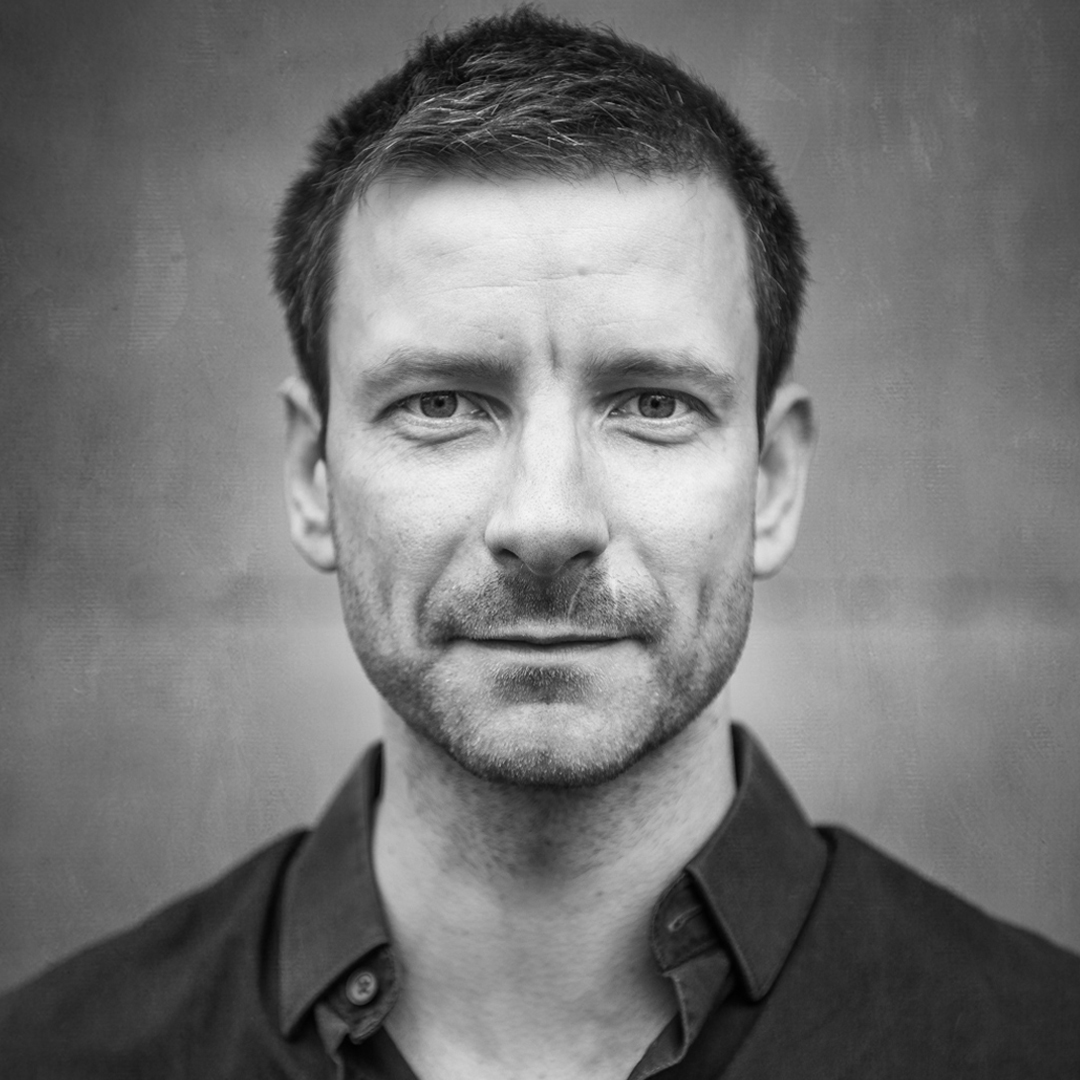
Yoann Goujon
Actor, Director and Author
Yoann Goujon began his career on stage under the direction of Bernard Colmet, Alain Simon, Jean-Pierre Ryngaert and François Cervantes. Inspired by Jean Baudrillard, he created and directed his first show, Mon Désert de Désir. He enriched his experience thanks to personalities such as Stanislas Nordey, François Rollin, Emmanuel Mouret and Jean-Paul Curnier. He has performed in dramas by Sophocles, Brecht, Jon Fosse and Robert Walser, working with directors such as Pierre Maillet, Michel Cerda and Danielle Bré. He has also taken part in operatic works, assisting Jean-François Sivadier for his creation of La Traviata in Aix-en-Provence and Catherine Mamas for El Cachafaz. As a film-maker and musician, he directed 120 ans de lutte, a cine-concert set to music by Emmanuel Bex. He has also worked on advertising films and shorts, as well as participating in the opening clips for the 2024 Olympics.
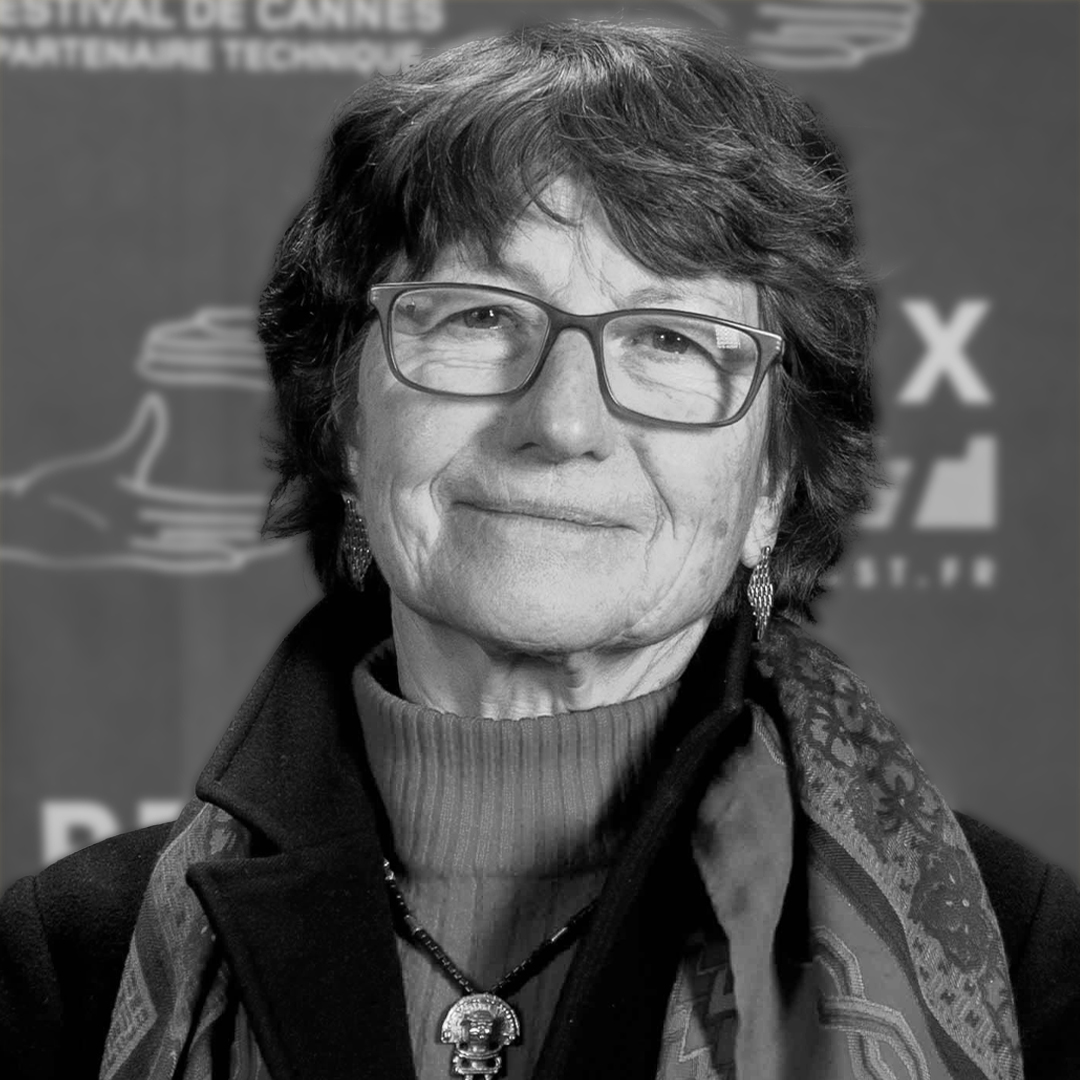
Nadine Muse
Sound Editor
Following several years as assistant editor in the early 1970s, Nadine Muse moved on to work as head editor but more often as head sound editor, working alongside directors such as Gérard Oury and Alain Resnais, Claude Miller, Yves Boisset, Patrice Chéreau, Roman Polanski, Michael Haneke and Michel Hazanavicius. She was nominated for the BAFTA (British Academy of Film and Television Arts) award for best sound for her work on The Artist in 2012 and for the César award for her work on Claude Miller’s Mortelle Randonnée, Jean Becker’s Les Enfants du Marais, Roman Polanski’s La Vénus à la Fourrure, Michael Haneke’s Amour and Patrice Chéreau’s Ceux qui m’aiment Prendront le Train. She also received a European Film Award for Caché by Michael Haneke.
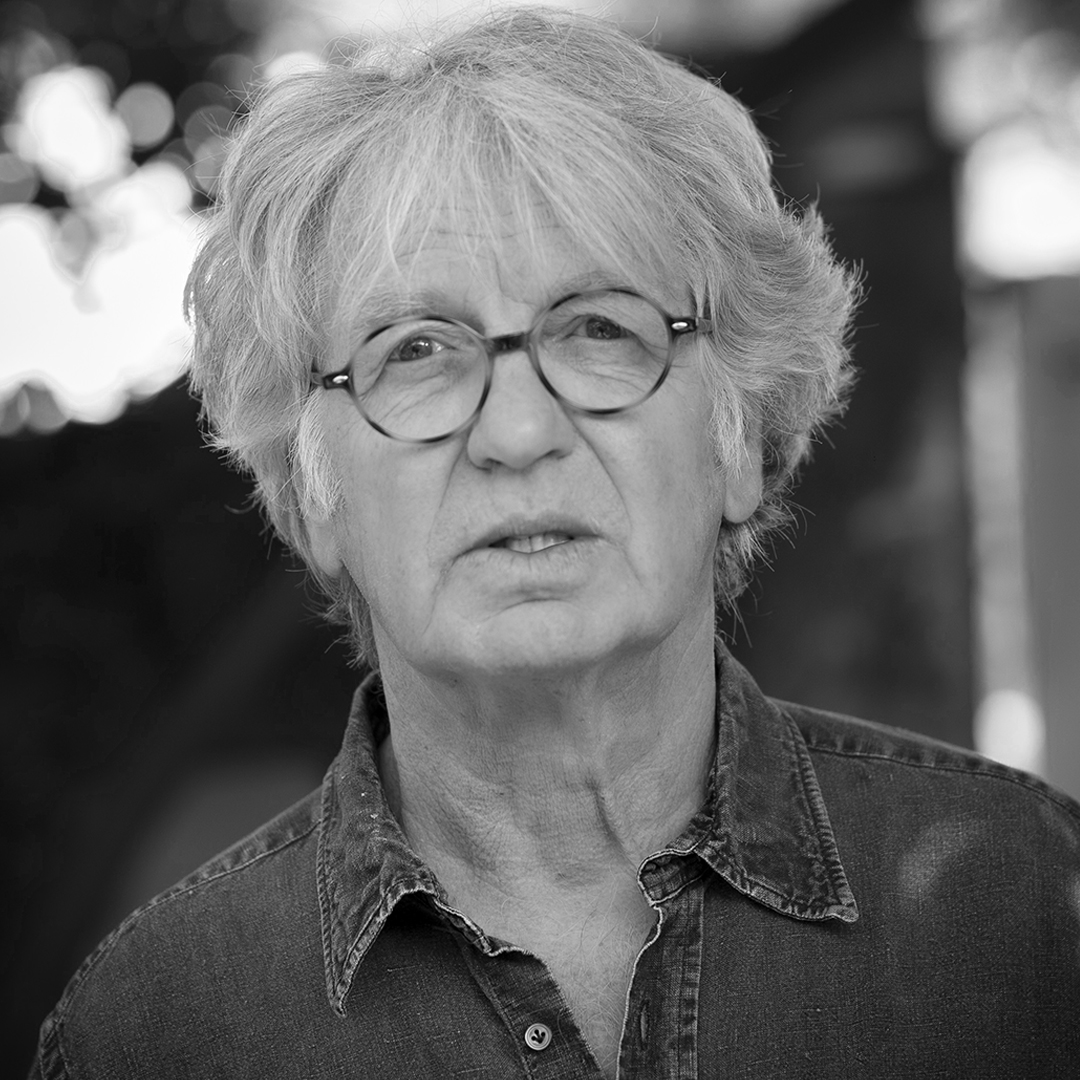
Guillaume Sciama
Sound Designer
Guillaume Sciama has had a very eclectic career as a sound technician. He started out working with Marguerite Duras and went on to work with a variety of people such as Alexandre Arcady, Jean Becker, Etienne Chatiliez, Patrice Chéreau, Elie Chouraqui, Pierre Granier Deferre, Michael Haneke, Patrice Leconte, Régis Wargnier and Andrej Zulawski, making a total of 90 feature films and 30 TV films.
He won the Cesar for best sound on Indochine and the Lola award for Le Ruban Blanc.
He welcomed the transition from analog to digital sound and maintains that being forced to question everything, learning to use new tools whilst remaining the actors’ preferred listener has been central to his work. A job that requires a minimum of technical knowledge but is characterised above all by the know-how gleaned, film after film, from the directors with whom he worked.

